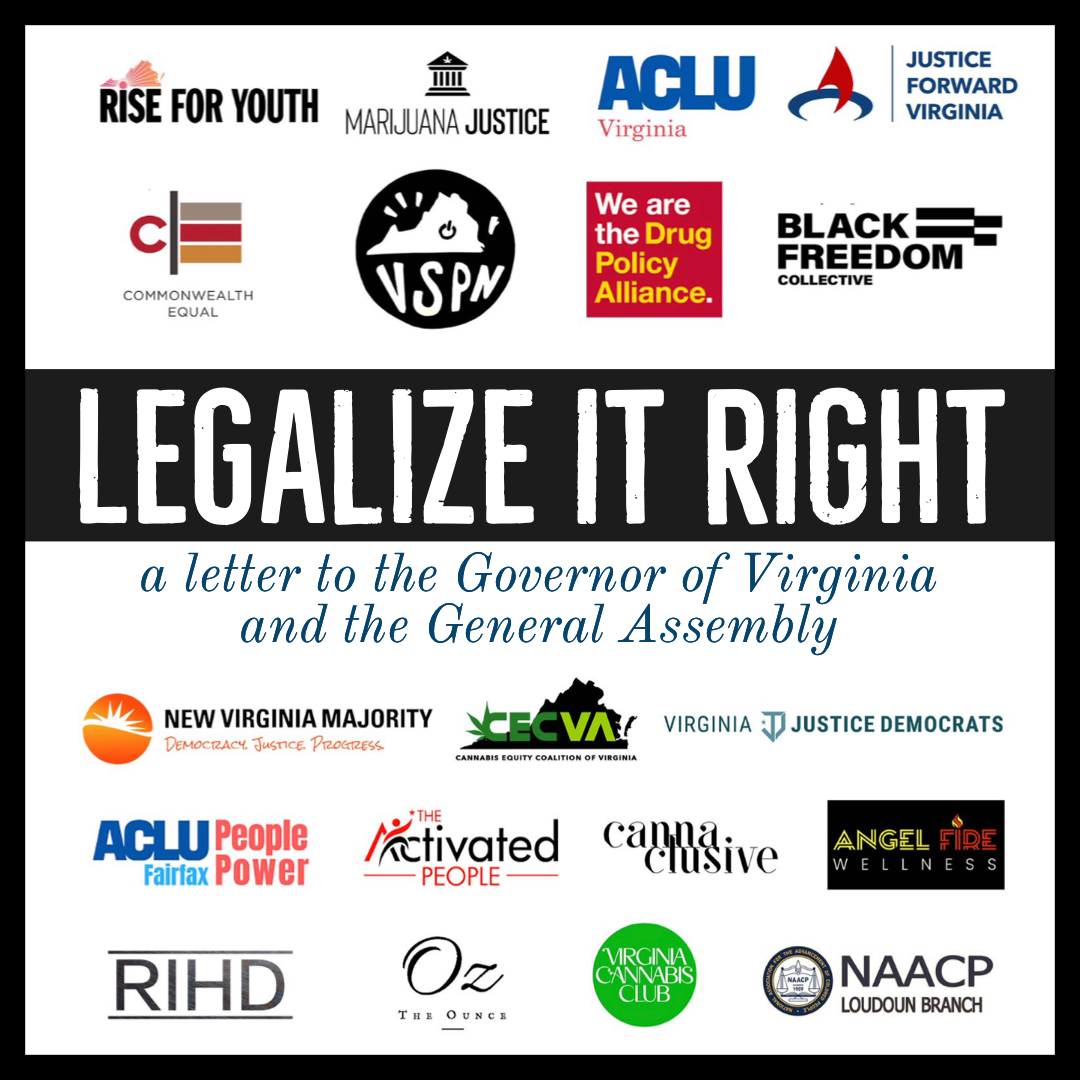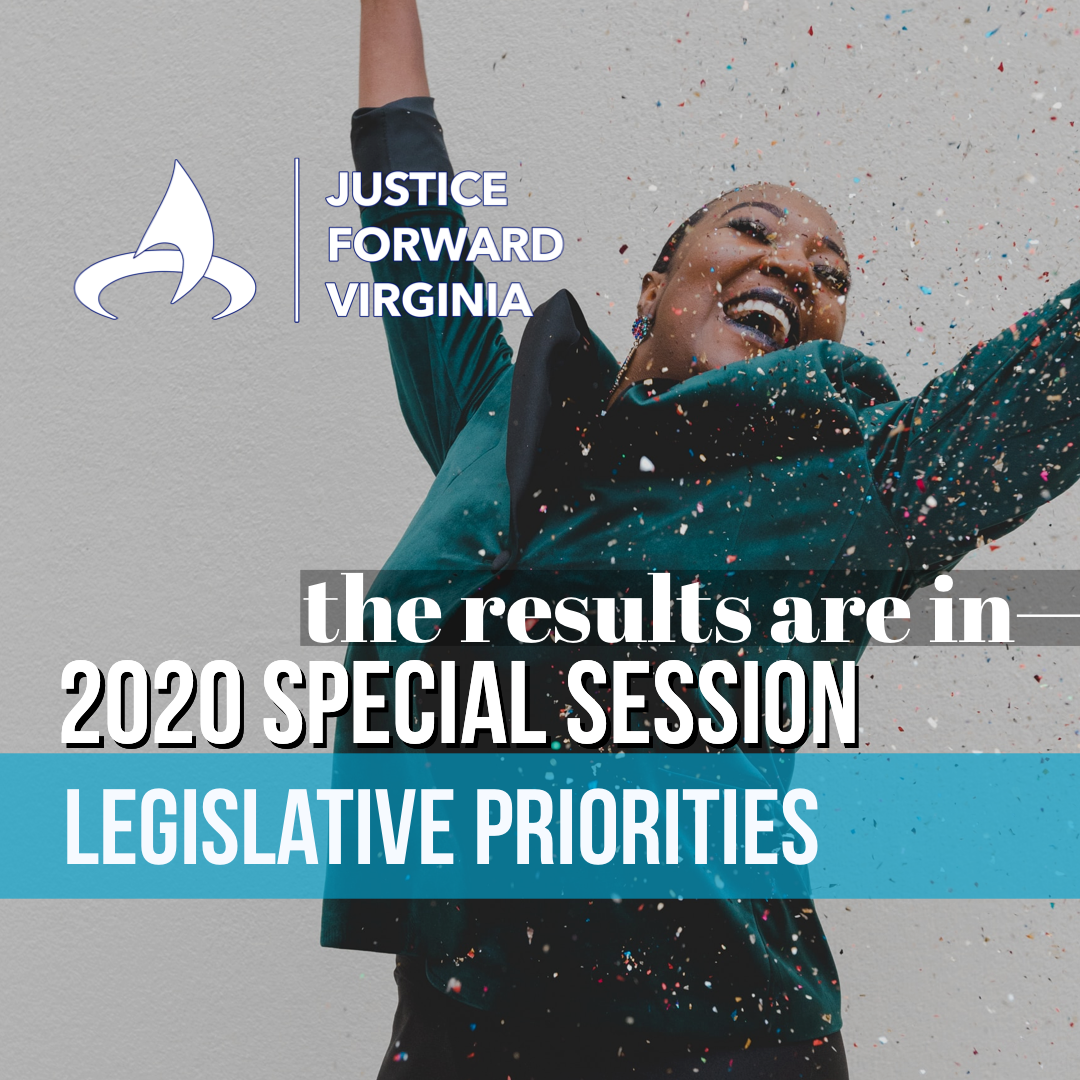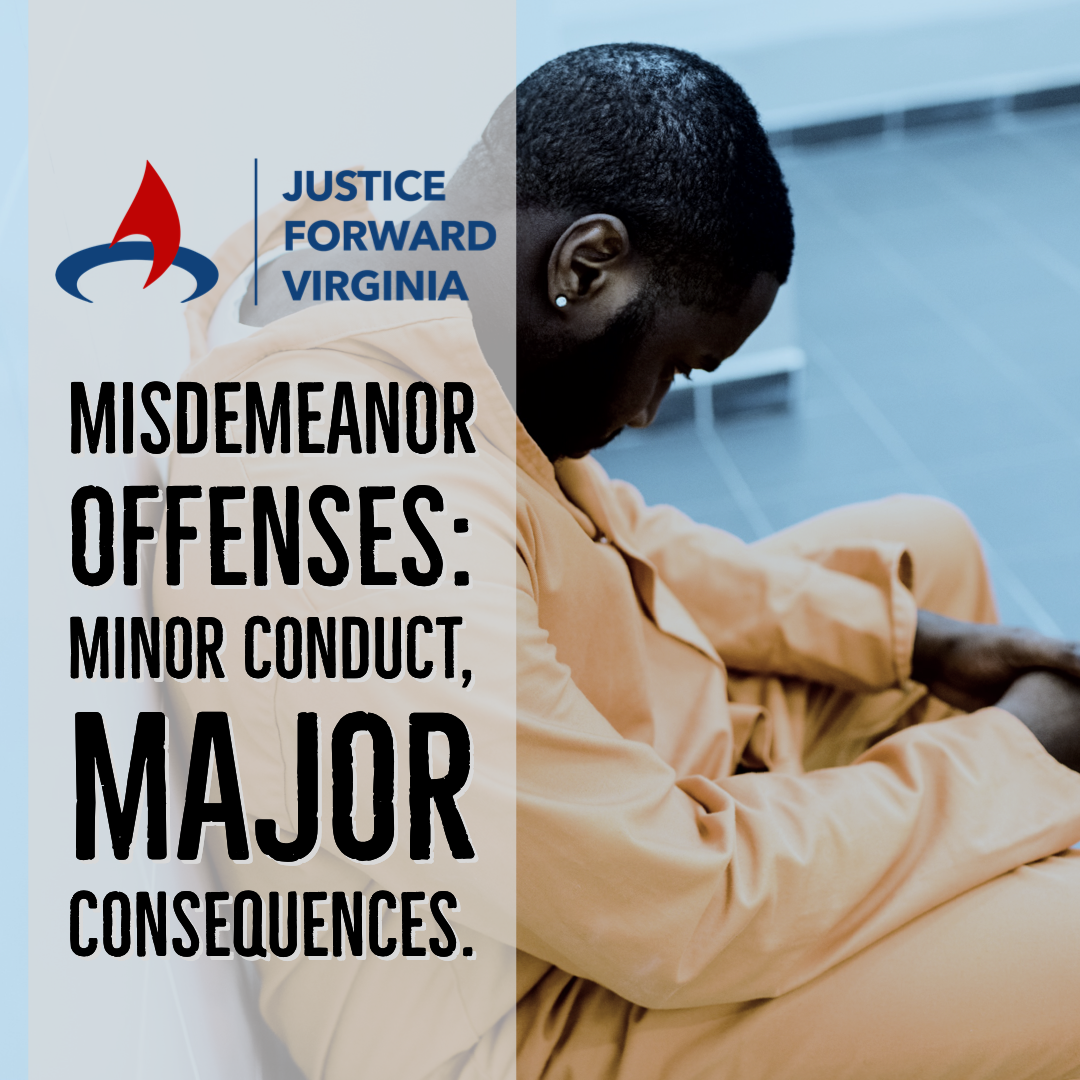Expungement Reform: Giving People a Second Chance
Expungement reform was adopted by the General Assembly as the 2021 session wound to a close. Expungement had also been a priority during the 2020 special session where the House and Senate each offered very different bills. while the legislation died in committee in 2020 as the House and Senate couldn’t come to an agreement about the details, efforts in 2021 were successful.
What does the new law do?
The new law establishes a process for the automatic expungement, defined in the bill, of criminal records for certain convictions, deferred dispositions, and acquittals and for offenses that have been nolle prossed or otherwise dismissed. The bill also provides a process for the automatic expungement of criminal records for charges arising from mistaken identity or the unauthorized use of identifying information. The bill has staggered delayed effective dates in order to develop systems for implementing the provisions of the bill. The provisions begin going into effect on July 1, 2021 and will all be in effect by July 1, 2025. As introduced, this bill was a recommendation of the Virginia State Crime Commission.
Under the new law, traffic infractions, misdemeanors, felony larcenies, Class 5 and 6 felonies, and convictions granted a simple pardon would be eligible for petition to be sealed ten years following the offense date. Certain assault, manslaughter, and driving while intoxicated offenses are listed as ineligible for sealing. Underage alcohol purchase and possession, petit larceny, misdemeanor shoplifting, and other select misdemeanors would be automatically sealed ten years after the final disposition date. Non-criminal traffic infractions would be automatically sealed 11 years from the final disposition of the offense. The proposal creates sealing eligibility and contingency requirements that subjects have no additional convictions for certain time windows (broken out by offense class) prior to and following the sealing of records. Additional processes are established for automatic sealing of acquitted, dismissed, and nolle prossed records or records involving mistaken identity.
The legislation includes several new penalties relating to disclosure or request of sealed records. Currently, under §§ 19.2-392.3 and 19.2-392.4, it is a Class 1 misdemeanor to illegally disclose or require the disclosure of expunged records. The 2020 General Assembly enacted legislation establishing Class 1 misdemeanors for government agencies, employers, or colleges requiring disclosure of marijuana arrest records without authorization. The new legislation establishes a new Class 1 misdemeanor for the unauthorized disclosure of a sealed record, and a Class 6 felony for any person who makes an unauthorized disclosure of such record maliciously and intentionally. Additionally, it establishes a new Class 1 misdemeanor prohibiting employers, landlords, educational institutions, and state and local agencies from requiring an individual to disclose sealed records. Exemptions to the latter offense are provided including Virginia law enforcement agencies, state and federal employers required by code to make such a query, and positions related to national security. The law lays out circumstances where knowing or willful failure to disclose sealed records constitutes grounds for perjury under § 18.2-434, including: queries for employment with certain state, federal, law enforcement, or national security agencies (§ 19.2-392.5(E)); proceedings related to the care and custody of a child (§ 19.2-392.5(G)); and jury selection (§ 19.2-392.5(J)). Under § 18.2-434, perjury is a Class 5 felony.
Why was expungement reform needed?
Virginia law currently ensures that no one convicted of a crime can ever have that offense removed from their record. The law also does not allow for the expungement of some kinds of offenses from your record, even if you were not convicted of that offense. The permanence of criminal records in Virginia are a racial justice issue that needs to be addressed in the upcoming special session.
You really want to give people a “second chance?” Give them an expungement.
Expungement allows someone who has been through the criminal justice system to “clean their record.” In Virginia, expungement requires you to file a separate civil lawsuit in which you sue the Commonwealth’s Attorney (our head prosecutor) to seal your record. Not only are expungements not automatic, they are limited to individuals with very specific outcomes in their criminal cases. For the vast majority of Virginians who have been charged with crimes, our expungement laws offer little to no relief.
To be eligible for an expungement in Virginia, you must either:
1) Have been acquitted of your charges (found “not guilty”); or
2) Have had your charges dropped without condition (also known as nolle prossed).
Even if you qualify for an expungement, the court may still have the power to deny your request. For felony charges, the person seeking expungement has additional legal burdens, even if a jury or judge found them not guilty!
In short, if you’ve ever been convicted of any crime here in Virginia, your record is permanent. You can never have a conviction taken off of your record, no matter how long ago the offense was, how young you were at the time, or how minor the offense was.
Most people think of going to prison as the worst thing our criminal justice system can do to you. But the majority of people that process through Virginia’s court system don’t end up serving a lengthy prison sentence. Instead, they face real consequences of their criminal record in other aspects of their lives – school and job applications, housing, loan requests – the things that make up day-to-day living. The things that allow people to become productive members of society.
We constantly hear calls to reform our criminal justice system, to value rehabilitation over punishment, and to give people a “second chance.” But how can we ever expect someone to have a real second chance when Virginia’s expungement laws ensure that your past can never be left behind? Virginia’s expungement laws make second chances impossible for many, especially for people of color who were caught up in the system at a young age.
We need to be like Kentucky.
Yes, you read that right. Virginia has some of the worst expungement laws in the country. Even Kentucky has us beat. In 2016, Kentucky changed its laws to permit expungement of certain non-violent misdemeanor and felony convictions after a period of years. Virginia should be adopting similar reforms.
In addition to permitting expungement for some convictions, Virginia needs to streamline its process for expungements for acquittals and dismissals. If you are found not guilty, the process for expunging the charge from your record should not require you to hire a lawyer, pay an application fee, file a separate civil suit in Circuit Court, and then wait 6-12 months for your charge to be removed from your record. But that’s our current system, and that’s for people a judge or a jury found not guilty! Expungements for acquittals and dismissals should be automatic and free to the accused.
Our criminal justice system has discriminated against Black people for decades. Even where the players don’t intend to discriminate, systemic racism pervades the system at all levels. Liberalizing our expungement laws would allow us to right at least some of the wrongs of our unfair, broken system on the back-end. For those who have been convicted, better expungement laws would allow for the second chance that our legislatures always talk about.
The real crime would be to let this historic moment of change pass by without making these simple fixes to Virginia’s criminal laws.






